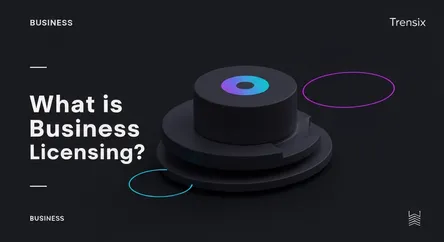Business
What is Business Licensing?

Discover what licensing is and why it's a crucial step for any startup, from legal operation to intellectual property and revenue generation.
What is it?
Licensing is a formal permission or contract from a licensor (the owner) allowing a licensee (another party) to use, make, or sell something the licensor owns. For startups, this applies in two main ways: obtaining licenses from government bodies to operate legally, and dealing with intellectual property (IP). This can mean a startup paying to use another company's patented technology or copyrighted software, or it could involve the startup licensing its own unique technology to other businesses as a way to generate revenue without handling all production and distribution itself.
Why is it trending?
In the digital-first economy, licensing is a key strategy for growth and scalability. For SaaS (Software as a Service), biotech, and digital media startups, IP is their most valuable asset. Licensing allows them to commercialize this IP quickly and enter new markets with established partners. It's a capital-efficient model that enables rapid scaling and recurring revenue streams. Furthermore, the rise of open-source software and the creator economy has made understanding different licensing models (like Creative Commons) more critical than ever for innovation and collaboration.
How does it affect people?
For startup founders, navigating licensing is fundamental. Securing the correct operational licenses avoids legal trouble, while strategic IP licensing can define their entire business model and profitability. For employees, it dictates the software and tools they can legally use. For consumers, licensing ensures the products they buy are legitimate and safe. It affects everything from the features in a software application to the branding on merchandise, ensuring that rights holders are properly compensated and that businesses are operating within legal and ethical boundaries.